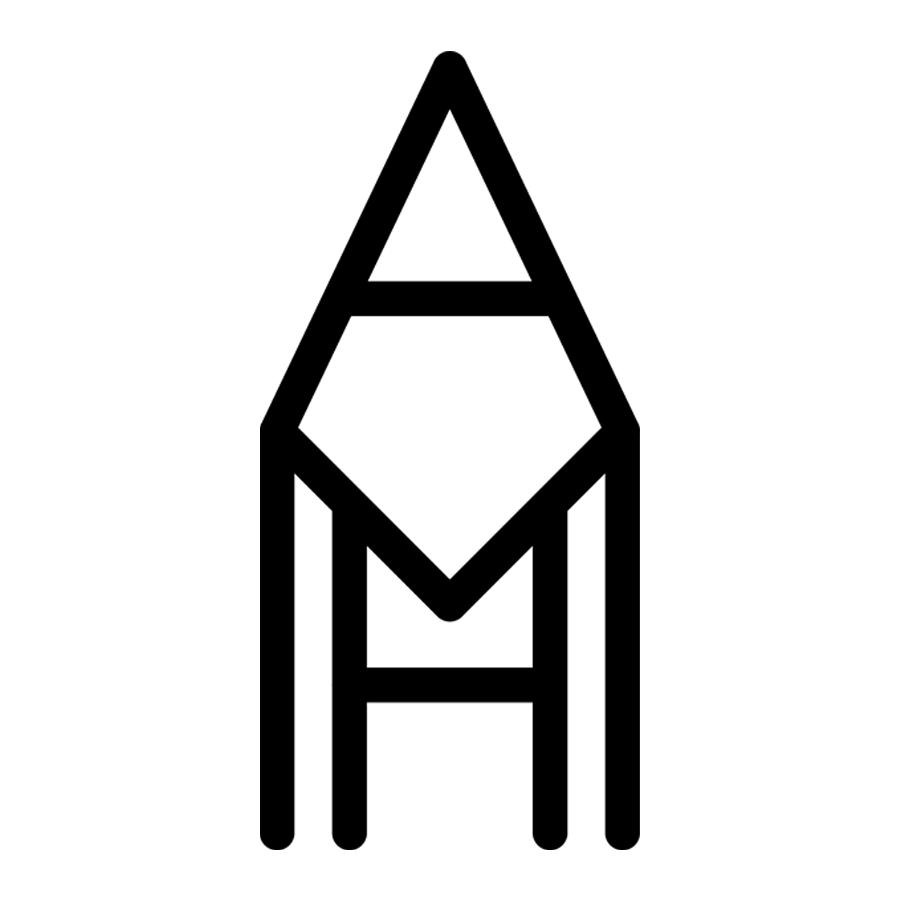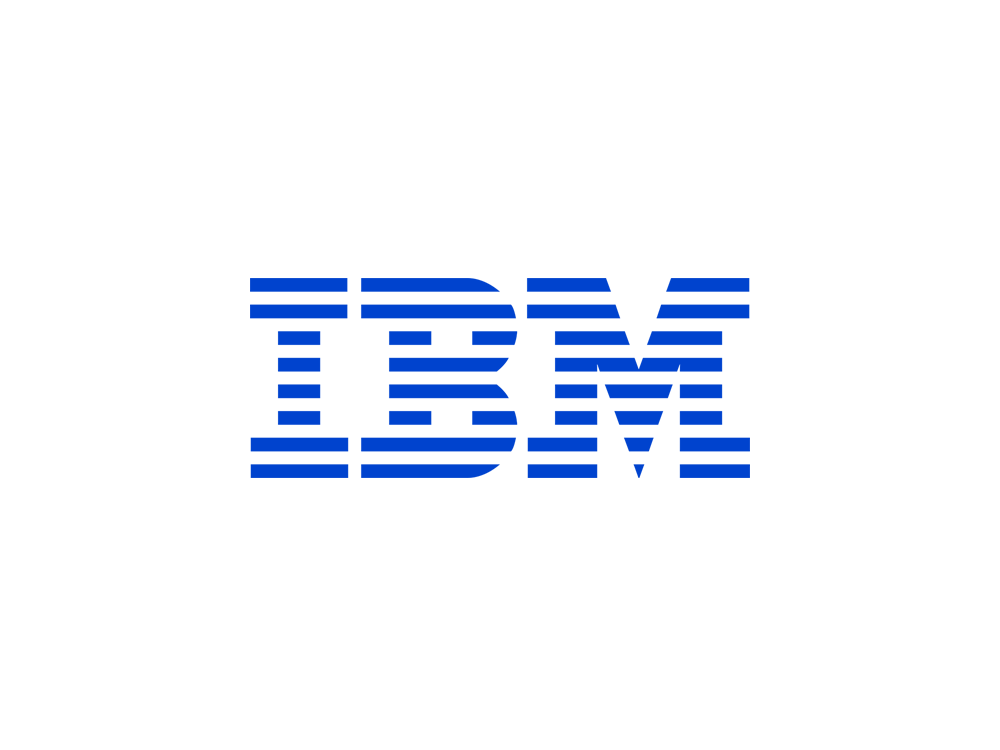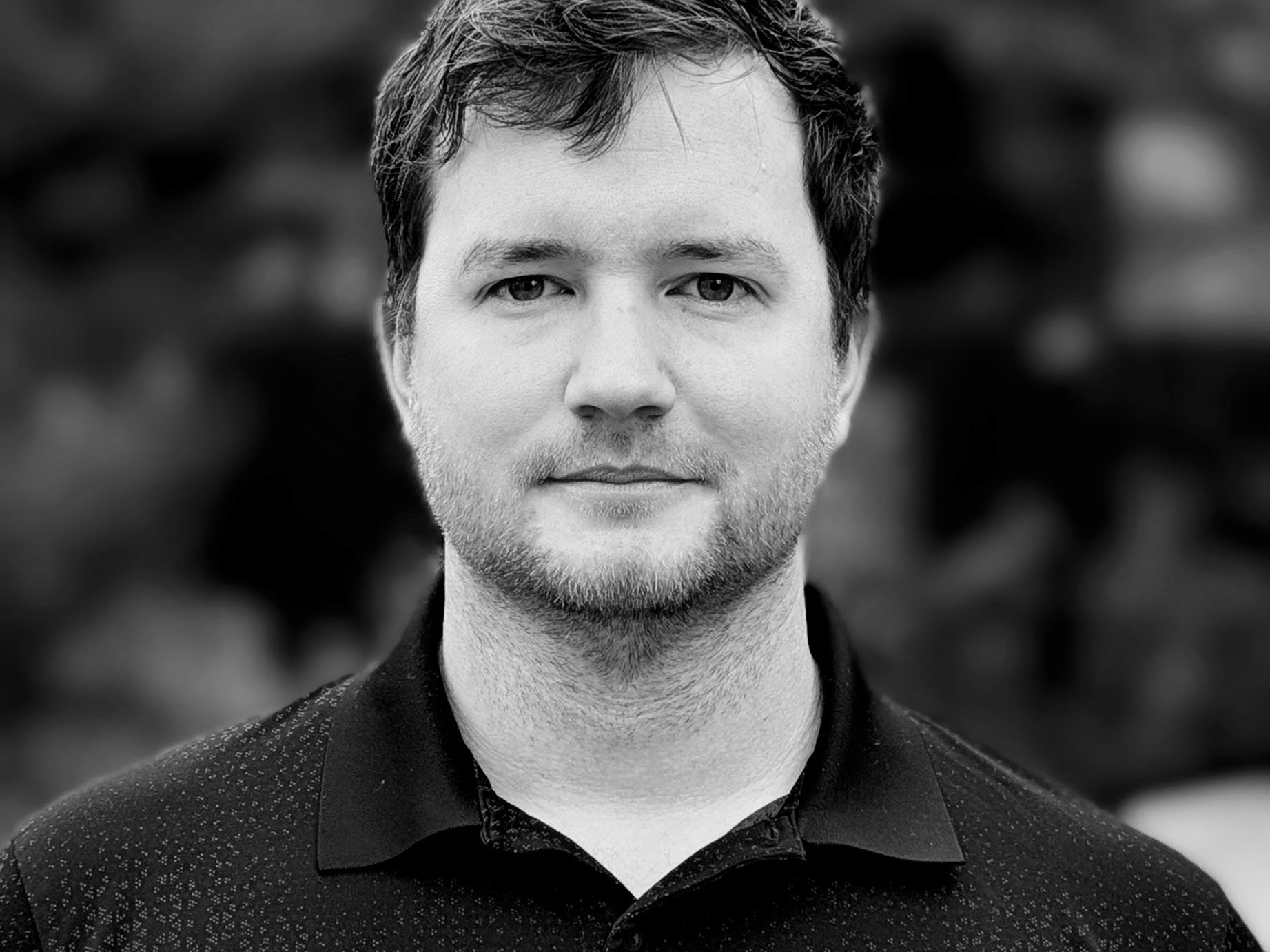Ford Motor Company
Research, Facilitation, Mobile and Web Design
June 2018 — June 2021
Product Design | Experience Design
Note on Confidentiality: Due to the proprietary nature of the initiatives and contractual limitations regarding asset attribution, I am unable to publicly display raw deliverables or direct links to the final live products. Therefore, this presentation focuses strictly on process and outcomes. While the work exists on various public platforms, this case study focuses exclusively on the methodology, my specific contributions, and the measurable outcomes achieved within the team.
The Challenge:
How might Ford partner with cities to address complex urban mobility challenges while fostering sustainable, community-led innovation and engagement?
This required designing digital platforms and applications that facilitate interaction, ideation, and research within a highly collaborative ecosystem.
My Impact:
My responsibilities spanned the product development lifecycle, integrating hands-on UX Design, Design Leadership, and foundational Research across the CitySoul App and the City:One Challenge Platform.
I drove the conceptual design and successful launch of the CitySoul App (iOS/Android), ensuring feature alignment and feasibility with development teams.
For the City:One Challenges, I acted as a platform curator, structuring and significantly enhancing the user experience and flow on the City:One Challenge Site. This digital work was deeply informed by ethnographic and narrative research I conducted alongside my team, which synthesized critical, community-led insights delivered directly to city stakeholders and challenge submission teams.
Project 1: CitySoul App
Goal: Inform and engage participants in exercises focused on mobility within their community.
Conceptualization & Core Design:
I began by collaborating with a fellow designer and Product Owners to define the information architecture and visual design for the app's core user journey. The focus was on creating simple, actionable exercises to break down complex urban issues.
Design Alignment & Iteration:
Following the initial conceptual phase, I took the lead in translating high-level designs into feasible features. This involved close collaboration with development and product teams to ensure technical constraints were met without sacrificing critical user experience goals.
Outcome:
The application was successfully designed and launched on iOS/Android, serving as an engagement tool for mobility education and community feedback.
Project 2: City:One Challenge Platform
Goal: Optimize the user experience and flow on the OpenIdeo-powered Challenge site to encourage sustained participation alongside community research and facilitation activities.
UX Curation & Enhancement:
I actively managed the site, utilizing the OpenIdeo platform's tools. Crucially, I used custom development in strategic areas to overcome platform limitations and significantly enhance the overall user flow and site experience, making it easier for participants to navigate and contribute.
Platform & Analytics Management:
My work extended to managing the platform's community forums and analyzing user behavior through analytics. This feedback loop ensured continuous, data-driven optimization of the site's interaction points.
Challenge Strategy and Design:
I facilitated community-based research workshops and conducted expert interviews to gather foundational data. These insights were then translated into challenge prompts and selection criteria used to guide submissions and stakeholder evaluation.
Outcome:
Successfully curated and managed the digital challenge platform, which was live for an extended period, facilitating diverse community input for the City Solutions team. Additionally, participated and led ethnographic research and insight development for Challenge prompts and selection materials.
These roles provided a unique opportunity to function as a full-stack designer/researcher throughout my time at Ford, bridging the gap between digital platform design, app conceptualization, and on-the-ground human-centered research.
Lesson Learned:
Leading the collaboration post-initial design underscored the importance of integrating development feasibility early on. My work in research reinforced the critical need for ethnographic data to utilize digital metrics and ensure we were designing for genuine community benefit.


